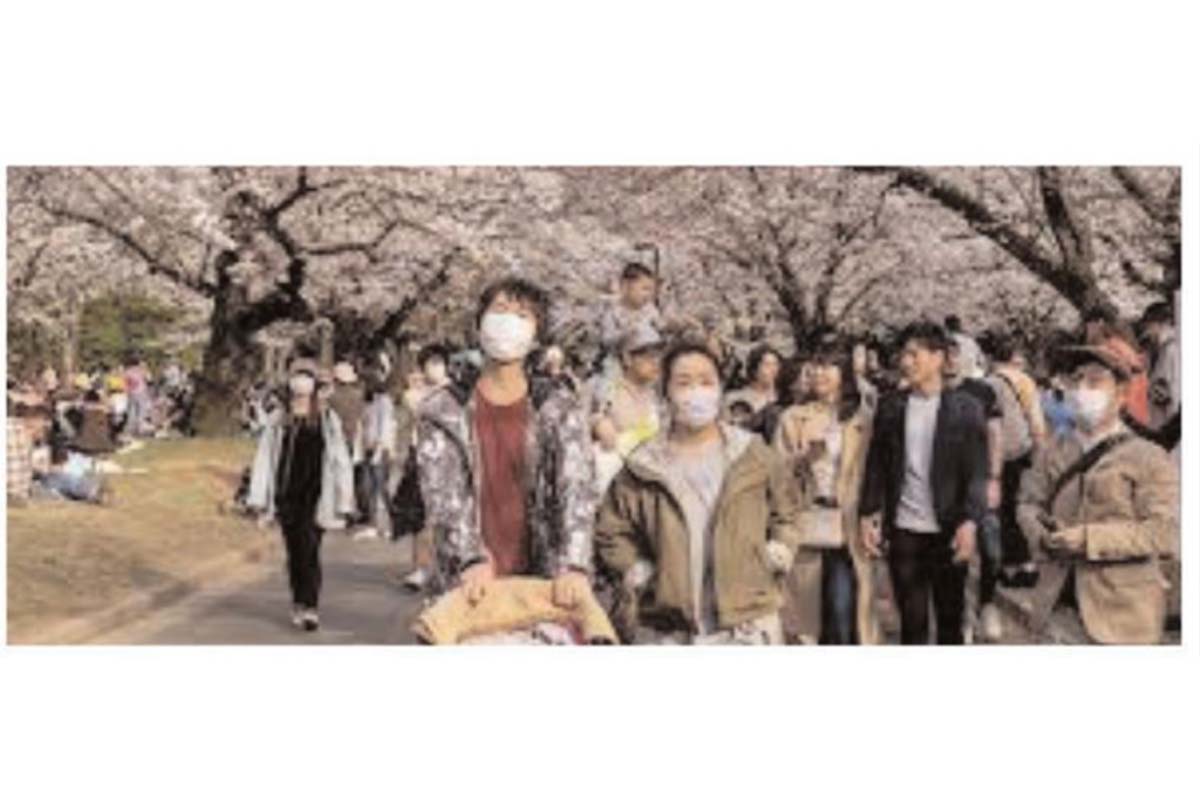The impact of Covid-19 on the Japanese economy is huge. The pandemic has halted daily activities and pushed the economy on the cusp of a deep recession. In view of the low infection rate, Abe is keen to reopen the economy with emphasis on new ways of life through trial and error even if the process takes time.
But with no proven vaccine or medicine available, it is unlikely that everyday life shall be the same as before. With reopening the economy as the priority, the government is working on a secondary supplementary budget, which shall cover the cost of increasing the upper limit of the employment subsidy for companies from yen 8,330 per day to yen 15,000 per day for a worker.
Advertisement
According to economists, Covid-19 might cost Japan over 1 million jobs. The virus has already strangled the nation’s labour market. The massive job losses this year could surpass those from the 2008 financial crisis.
In 2008, the crisis that caused the collapse of storied investment bank Lehman Brothers among others, created havoc in Japan’s manufacturing industry. But this time, hundreds of thousands of jobs ~ possibly even over a million ~ are at stake in the service sector due to the nature of the pandemic, which is restricting personal contact.
Covid-19 is seriously hurting non-manufacturing industries’ revenues. Japan’s jobless rate hit oneyear high as virus hurts the economy.
Though unemployment in Japan is lower than in many other countries, it is expected to worsen in the coming months. It rose to 2.5 per cent, its highest level since March 2019 as containment measures caused job market to deteriorate. According to an estimate by the Daiwa Institute of Research estimates that even if the virus slows through June, the country will see job losses of 1 million overall this year, not including the self-employed.
This means the unemployment rate might jump to 3.8 per cent from 2.4 per cent in 2019. If the contagion continues to spread until the end of the year, the jobless figure might inflate to a staggering 3 million for a record high unemployment rate of 6.7 per cent.
This will put pressure on Abe to do more to stimulate the economy.
Though conditions in Japan’s labour market are not as severe in the US, rise in unemployment rate could be a worry. Besides Abe’s economic package to stimulate demand by increased spending, the Bank of Japan unveiled fresh steps to ease corporate funding strains and pledged to buy unlimited amounts of bonds to keep borrowing costs low.
The central bank also slashed its growth forecast and projected inflation to come below 2 per cent target for three more years. Abe had earlier announced spending package of $10.2 trillion to expand cash payouts to every citizen as coronavirus outbreak threatened to hit the country’s economy.
The package will be funded partly by issuing more bonds, straining Japan’s already tattered finances. When the financial crisis hit Japan in 2009, about 950,000 jobs were lost, including self-employed people and the unemployment rate rose to 5.1 per cent.
This time the toll could be heavier and greater than the ‘Lehman shock’. The hospitality industry is likely to see more job loss than the manufacturing sector. The good thing this time is that the yen is not that strong as it was in 2008, and therefore companies’ earnings would not be seriously squeezed.
In December 2007, the yen was trading around 111 to the dollar but started soaring in 2008. When it hit around 90 to the dollar in September that year, it severely damaged profits of export-driven manufacturers.
That is not the case now, though the yen-dollar ratio is in the vicinity of 106-$1, which is reasonably tolerable. But Covid-19 could dramatically change that scenario. Yet, job loss in the hospitality industry could be severe.
With consumer behaviour changed now, restaurant, bar and hotel industries are likely to suffer and lose as much as 800,000 jobs by September as people will be hesitant to eat out, travel and attend events like they used to. The manufacturing sector is also likely to lose 400,000 jobs during the same period. Royal Holdings Co. announced on May 14 that it will close about 70 unprofitable outlets of its Royal Host and other restaurant chains in Japan due to the effects of the novel coronavirus pandemic.
The situation in the aviation, retail and automobile industries has plunged into an unprecedented crisis. Shares of many companies in the stock market went into red. Disruptions in production and supply chains, coupled with evaporation of demand stemming from stay-athome requests to battle the spread of the virus eroded the capital of many companies.
When domestic and international flights suspended operations following halt orders to the movement of people around the world, airlines incurred heavy losses. For example, Japan Airlines logged a group net loss of 22.9 billion yen in January-March quarter. Earnings of Japan’s railway system, including Shinkansen, also saw a drastic fall.
Many departmental stores, whose earnings were supported by robust buying by foreign visitors to Japan also registered sharp drop in sales following declaration of a state of emergency on 7 April. It transpired that the Covid-19 shock is significantly larger than that of the global financial crisis triggered by the collapse of US investment firm Lehman Brothers in 2008.
So, what has the Abe administration been doing to address this situation? The government is working on ways to inject capital into the pandemic-hit firms, both large and midsize companies struggling as the health crisis threatens to inflict even deeper pain on its ailing economy.
So far, the government’s crisis response had focused on loans and subsidies to small firms. Under the new scheme of capital infusion, state-affiliated lenders will invest in ailing companies by offering subordinated loans or accepting preferred shares. All these efforts made by Abe shall take time to show results.
(Concluded)









